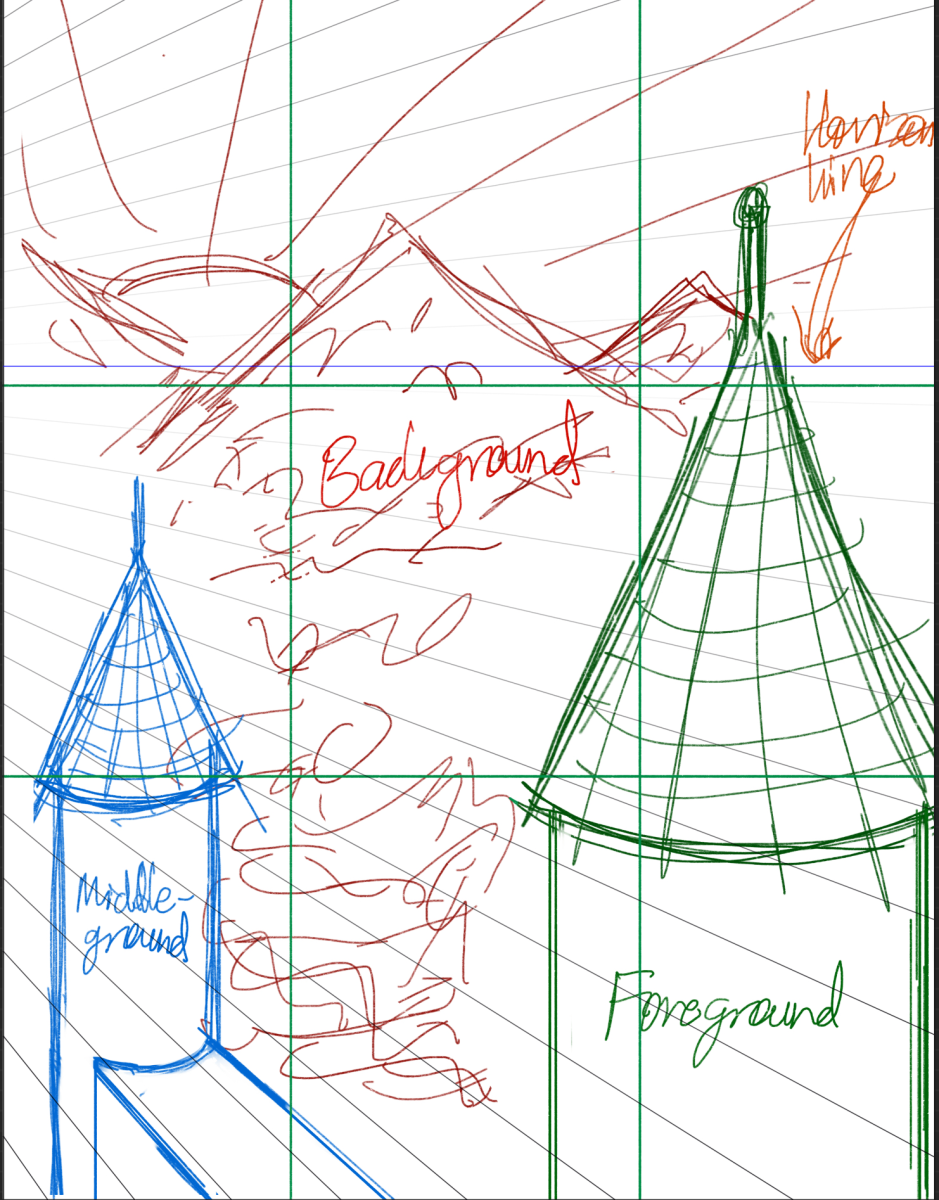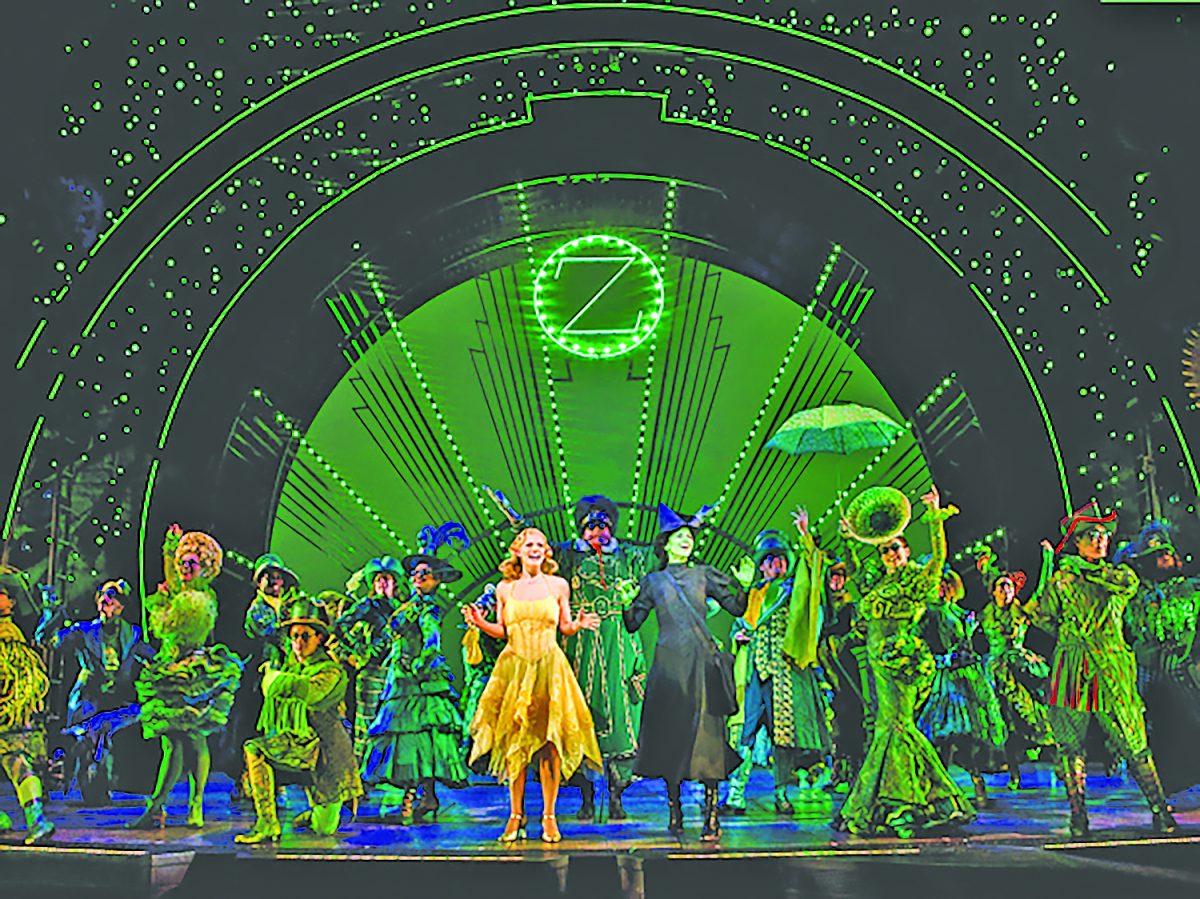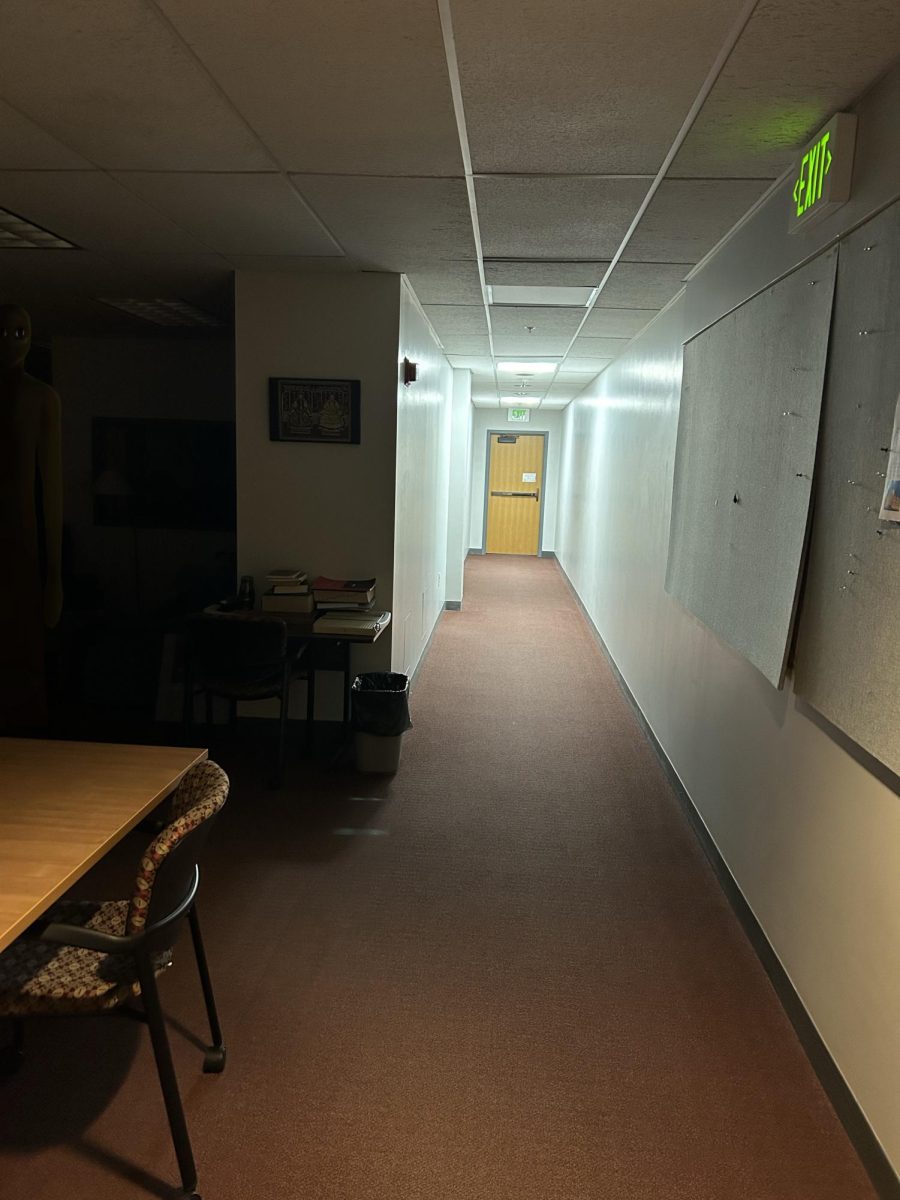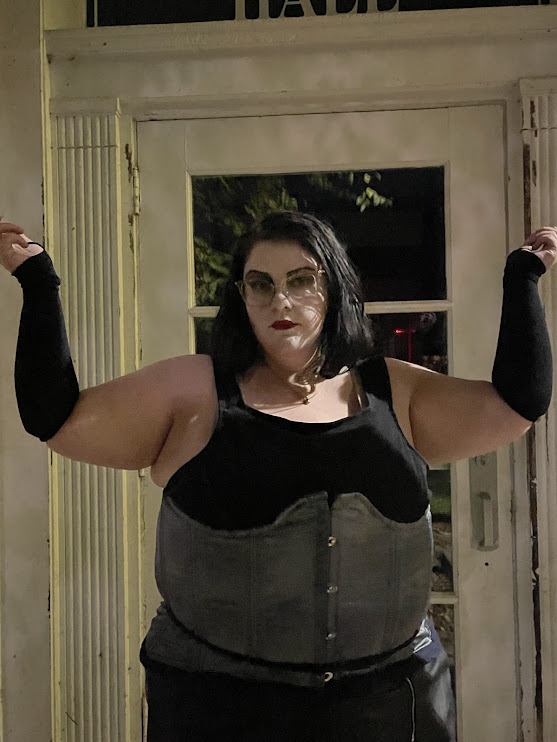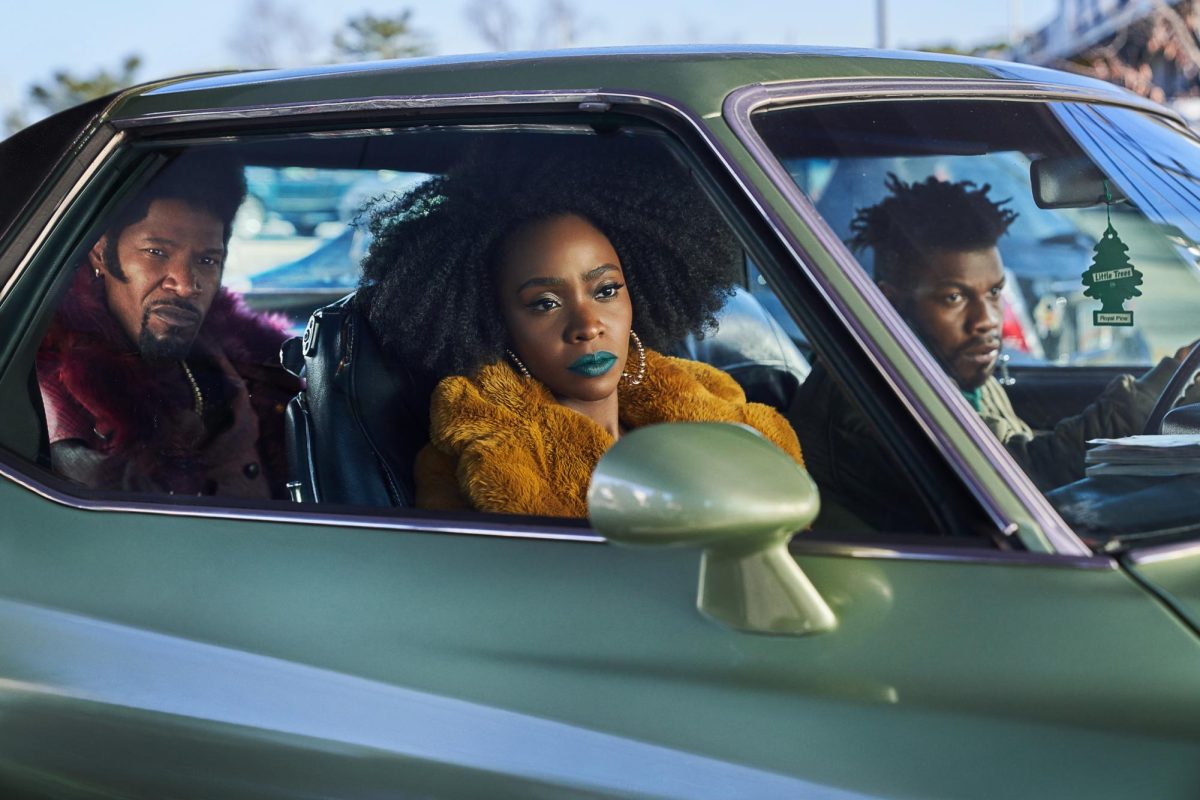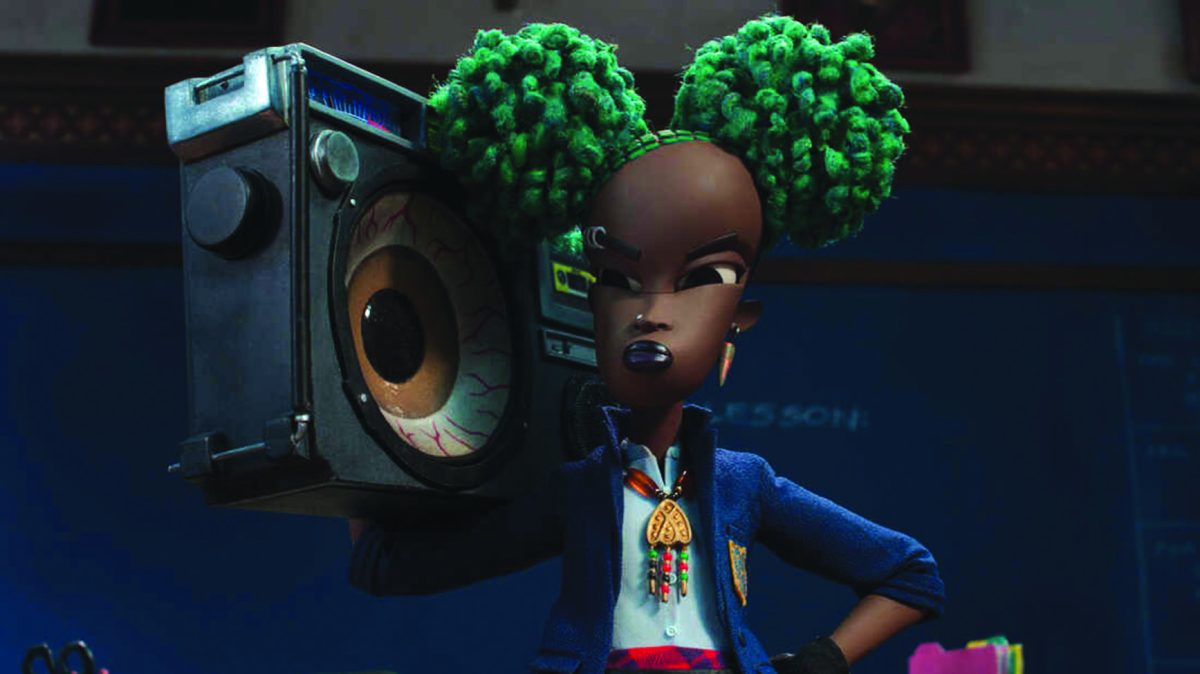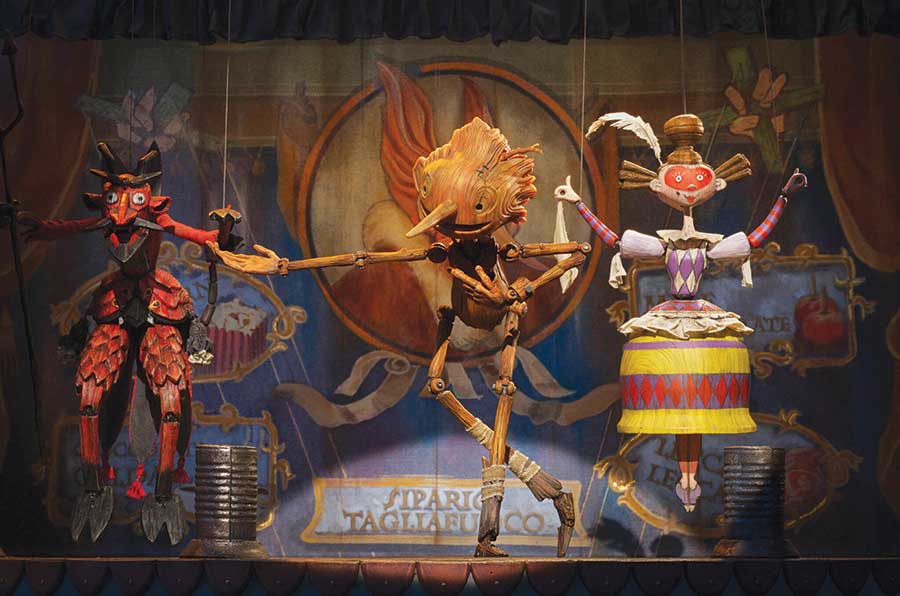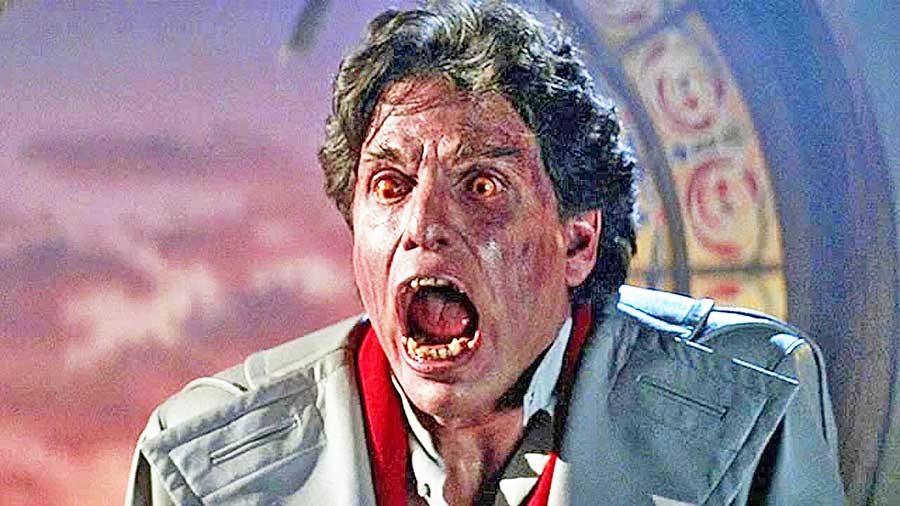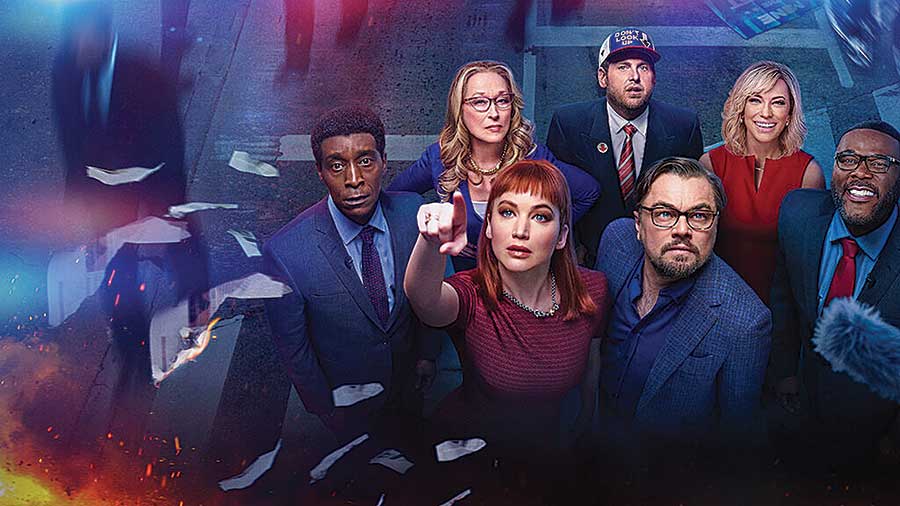Your Uncle Tom is back, fellow moviegoers, but he’s wearing his Dark Santa outfit. I bear not tidings of joy but harbingers of doom, and plenty of coal to drop like reindeer turds on American moviegoers’ laps – the same kind of turds we’re verbally spewing about this year in film.
A lot of moviegoers packed up their tents and went into hibernation after “The Dark Knight Rises” dropped, but there are still potentially good films coming out in 2012. Please let me bring them to your attention.
(These films are listed in chronological order.)
September 14: “Resident Evil: Retribution.” Most moviegoers dismissed “Resident Evil” because it was a video game adaptation, it was about zombies, and because it got a happy kick out of its material instead of blowing it to cynical extremes of David Fincher proportions – but it’s actually a good film, compelling, stylish, and incessantly, boldly humanistic. Its first two sequels are the “Resident Evil”’s to dismiss, but “Resident Evil: Afterlife” (2010), the third, blew the original out of the water.
“Resident Evil: Afterlife” was better than 2010’s biggest action hit, Chris Nolan’s gloomy “Inception.” “Afterlife” is visually colorful and livid, fun and humanistic. “Resident Evil: Retribution,” the fifth one (!), brings Michelle Rodriguez (“Lost”) back to the series (her character was killed off in the first film). Milla Jovovich is also back as the series’ beautifully courageous protagonist Alice, who puts Ripley from the “Alien” movies to shame.
October 5: “Taken 2.” People seemed to enjoy “Taken” as a funny ride in which the hero is thrillingly unstoppable, or to disregard it as trash. Not many appreciated its political depth – how the filmmakers depicted a man on whom our turbulent world politics weigh so heavy they crash into his personal life. Based on producer-writer Luc Besson’s gift for sequels (see Jason Statham’s “Transporter” films), “Taken 2” is virtually guaranteed to be even more exciting than the original.
October 12: “Argo.” “The Town,” directed by and starring Ben Affleck, wasn’t the sharpest film in the cinematic shed, but Affleck’s energy kept it pulsing. “Argo” will be better: the subject matter is richer, and the opportunities for humor – which was lost for “The Town”’s self-conscious aggression – are hard to miss. It’s based on the true story of a CIA operation to free hostages, in which CIA operatives posed as a film crew shooting a sci-fi movie.
November 9: “Skyfall.” The new Bond film, directed by Sam Mendes (“American Beauty,” “Revolutionary Road”). Mendes directs dreary, pessimistic bullshit, so I’m worried he’ll disrupt the Second Golden Age of Bond Films – but the trailer shows thrilling visual flare and hints at an unusual scale for a Bond flick. Javier Bardem plays the villain. Inside word: this is the Craig-era “Goldfinger.”
Also on November 9: “Lincoln.” Steven Spielberg remains one of the most undervalued American filmmakers. His Abraham Lincoln biopic, starring Daniel Day-Lewis as Lincoln, will be a breathtaking movie. I can’t wait to see what it’s about.
December 7: “Hyde Park on Hudson.” Bill Murray as FDR. What more do you need?
December 14: “The Hobbit: An Unexpected Journey.” Peter Jackson directs the first chapter in the prequel trilogy to “The Lord of the Rings” (which Jackson directed). “The Hobbit” is lighter than “The Lord of the Rings”: expect more fun and more color.
December 25: “Django Unchained.” The new Quentin Tarantino picture, in which he pummels slave-owners senseless in the same way he pummeled the Nazis in “Inglourious Basterds.” Jamie Foxx plays a slave turned bounty hunter, with Christoph Waltz (the Jew Hunter from “Basterds”) as his mentor. Leonardo DiCaprio plays the villain.
See? “The Dark Knight Rises” wasn’t the final word on interesting American blockbusters in 2012. It was more like the cinematic fart between the summer’s cheeks.
I loved “The Dark Knight Rises” as a Batman fanatic. It was a dream seeing Chris Nolan’s take on my favorite fictional females, Selina Kyle and Talia al Ghul, and Nolan – one of the masters of cinematic pessimism – did something to Batman I’d never considered in 19 years of Batman fandom: he gave it a happy ending.
Marion Cotillard’s twinkling, heavily French delivery of the simple line, “And his only crime was that he loved me,” is ethereally beautiful, one of the prettiest moments in American movies this year.
But none of this changes the fact that “The Dark Knight Rises” is a mediocre movie on a good day. Nolan’s never paid so much attention to the screenplay (good) or so little to the filmmaking (bad, bad, bad). The editing is amazingly lax: 30 minutes could be cut out of this film.
Nolan makes movies based on movies, not on life, which has never hurt more than in “Rises”: it’s like his movies point to themselves and say, “This is not real,” but “Rises” slaps you in the face before doing so. Characters make unfunny, clichéd action-movie quips and truth goes out the window for scale and resolution, pissing on great performances from Christian Bale (one of the best of his career) and Tom Hardy.
“The Dark Knight Rises” spawned two horrific national incidents. The Rotten Tomatoes Incident was the least horrific.
Rotten Tomatoes, a website which groups reviews from American critics and then gives a film a percentage based on how many of the critics agree the film is good – conformist bullshit – published a few negative reviews of “The Dark Knight Rises” before the movie opened. The site was flooded with violent attacks from fans. Some sent these least-positive reviewers death threats.
This is an example of the state of the American movie culture: it’s in shambles! American moviegoers seem terrified of dissention, like disagreement will force them to figure out what they really feel about a movie, and then they’ll miss out on everyone’s collective, play-nirvana dumbness. How dare someone dislike “The Dark Knight Rises” – as if disliking a widely liked film is a social offense. Because today it is.
The other national incident was far more awful: the Aurora shooting. The media leapt on the shooter: “Blame the finger that pulled the trigger,” which isn’t wrong: we’re all ultimately responsible for our actions. But some of the blame belongs to films like “The Dark Knight Rises,” films that desensitize us to violence.
The Joker and Bane, Chris Nolan’s villains, kill as if murder is a plot point instead of the most awful thing in the universe. Research shows audiences come out of dramatic art with a sense of shared experiences, as if we’ve absorbed part of the characters. What are we taking from the Joker or Bane? A part of us becomes as apathetic about murder as the characters. It’s a small part for some of us, and a dangerously large part for others. It underlines the worthlessness of movies like “The Dark Knight Rises”: they take away from us instead of adding to and improving who we are. There are no lessons to be learned in Chris Nolan’s films.
The opposite film is “The Expendables 2,” a wonderful surprise. It’s everything its misogynistic, testosterone-drowned predecessor should have been. Armond White, the only good film critic working in America, said that “Expendables” star and engineer Sylvester Stallone has created a new genre with “Expendables 2”: self-camp. It’s the best collection of action-movie superstars yet: Stallone, Statham, Schwarzenegger, Willis, Chuck Norris, even Jean-Claude van Damme.
Van Damme’s character is named “Vilain,” a nasal, French pronunciation of “villain.” He’s the ultimate villain: apathetic (he kills men without any change under his sunglasses, which emphasize the unfeeling void of his eyes) and immoral – he turns children into slaves, abuses their mothers, and pursues one thing: power, in the form of five tons of plutonium. Vilain wants to “change the world” with this plutonium, and not positively. Vilain is a perfect name, because Vilain’s motivations are those of any cinematic villain ever: he doesn’t want to make the world better – he wants to make it better for him.
But van Damme does preach one thing worth heeding: “Respect is everything. Without respect, we’re just people.”
The Expendables, Stallone’s gang of enormously over-muscular badasses, live by a code of respect. They don’t show regret over their killing, but they’re hardly apathetic: their faces contort into maniacally furious grins or grimaces of rage as they deliver righteousness to all the immoral, disrespectful bastards of the world via bullets. That’s all “The Expendables 2” is about: people who morally live ridding the world of people who don’t.
The youngest, purest member of the team is senselessly, brutally murdered. His killers escape. Jason Statham asks, “What’s the plan?”
Stallone growls, “Track ‘em, find ‘em, kill ‘em!”
“The Expendables 2” is excitingly self-aware. The climactic showdown between Sylvester Stallone and Jean-Claude van Damme (action porn!) begins with van Damme shouting, “Let’s make it more dramatic!” and shooting out the brightest lights. Bruce Willis and Arnold Schwarzenegger, the team’s elders, muse that they are too old for this: they belong in a museum.
“We all do,” Stallone says – a knowing eulogy for the action movie superheroes grown from Clint Eastwood and Charlton Heston.
When the team members share their ideal last meals, the team’s only (and temporary) female member, played by Nan Yu, asks Stallone what he would have.
“I don’t know, donuts, something like that,” he says. “The sorts of things that kill you.”
That statement is a more profoundly true observation about human existence than anything in “The Dark Knight Rises.”
Our culture has gradually slunk into a tar pit of cynicism. It’s polluting our pop art, which is the basis for young people’s education today more than it ever has been. No wonder the economy’s in shit shape, no one believes in our government, and Americans seem to be generally cranky. We’ve been taught the more shamelessly dark the film, the better it is. Shit like “Seven” or “American Beauty,” which should have been dismissed as what would happen if a squad of especially misdirected teenagers took over Hollywood, are examples of great films.
Only they’re not. We need films that educate via lessons and ideas, no matter how small or shallow. The fact is one “Expendables 2” is worth a hundred “Dark Knight Rises.”



